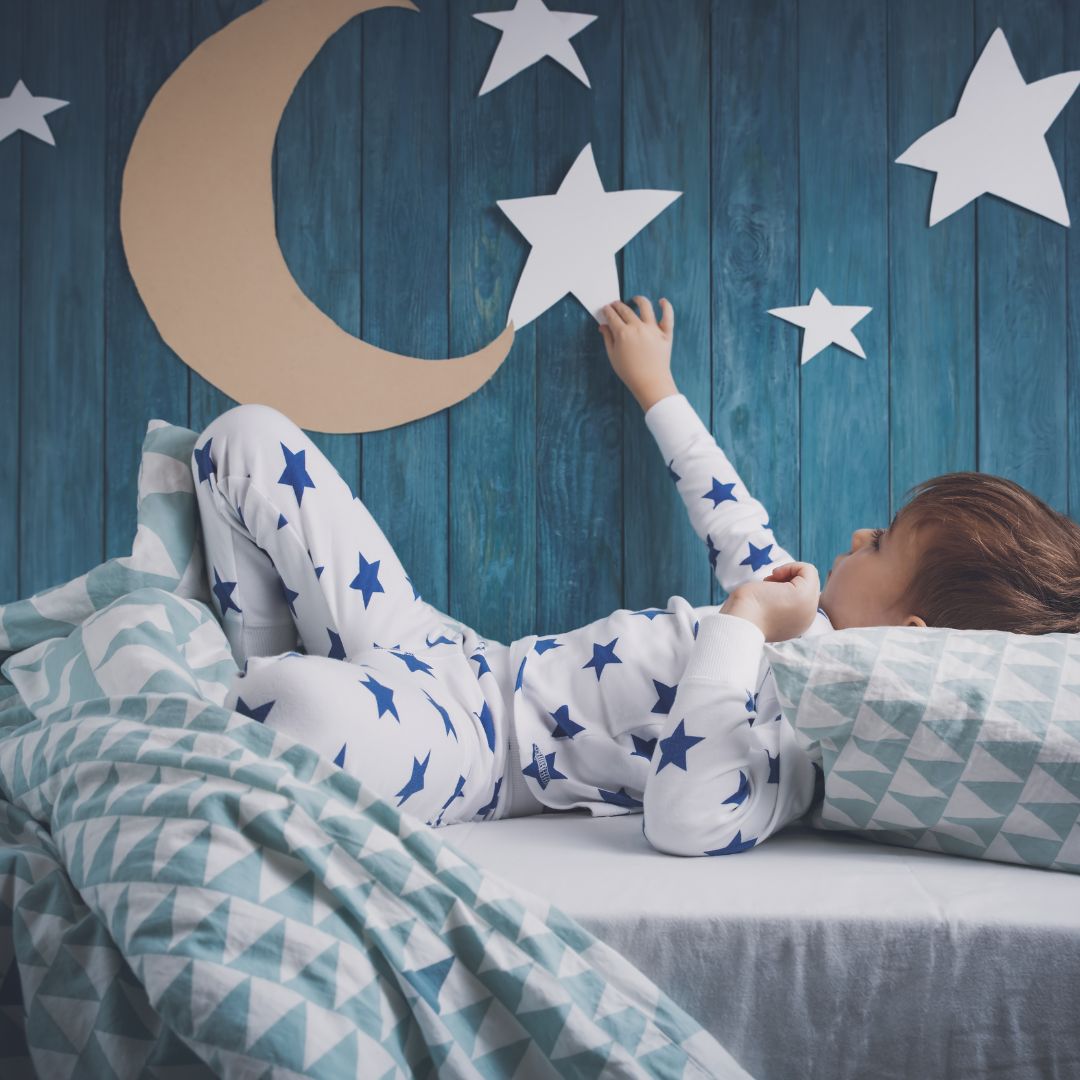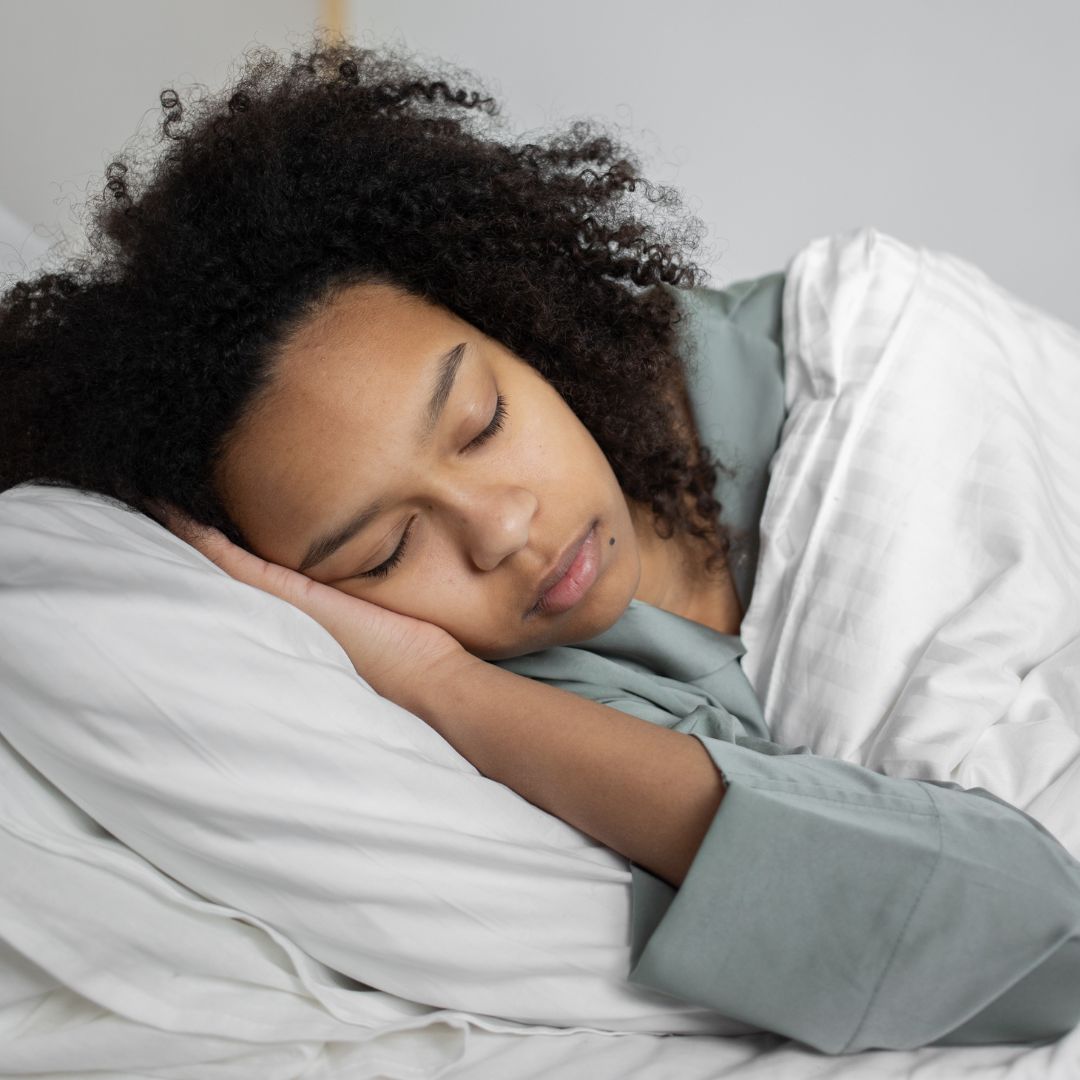5 Types of Childhood Sleep Disorders & Symptoms
Adequate quality sleep is crucial for children's physical and mental development, helping children stay healthy, maintain an appropriate weight, and achieve cognitive and emotional growth.
Learn moreInsomnia and Homeopathy: Symptoms, Causes, and Treatments
Insomnia is a sleep disorder that requires everyone's awareness. Besides decreasing quality of life, insomnia can often lead to more severe diseases. As such, treating insomnia at the onset is a must.
Learn moreWhat is Valerian officinalis?
By Dr. Peter Klapper Ph.D. Get to know more about the healing powers of Valerian Root. Commonly called Valerian Root, Valerina Officinalis is often used as a sleep aid, but that’s not this perennial plants only potential health benefit…not by a long shot.What is it: Valerina Officinalis is a perennial plant native to Europe and Asia that also grows in North America. This plant can reach five feet tall and emits a strong odor. Its roots and underground stems treat insomnia, migraine, fatigue, and stomach cramps. Valerina Officinalis has been used to treat these conditions since ancient Greek and Roman times.How is it taken? Valerina Officinalis is sold as a supplement, liquid, or topical preparation. Dried roots can be prepared as teas or tinctures too. For added benefits, Valerina Officinalis may be combined with other calming herbs, including passionflower, hops, lemon balm, skullcap, and kava. Sleep Well Control, a topical roll-on product that promotes good quality sleep, comprises a blend of organic Valerian, Kava, and Lavender. Heartburn & Acid Reflux Relief includes Berberis Vulgaris, Iris versicolor, garlic, marigold, and ginger.How does it work?Exactly how Valerina Officinalis helps cure what ails you is not fully understood. Still, researchers believe that it increases the amount of a brain chemical called gamma-aminobutyric acid (GABA), which has a calming effect. Stress exacerbates heartburn symptoms and causes sleep loss and other physical complaints.How well does it work? Some studies show that Valerina Officinalis helps people fall asleep faster and improves their sleep quality, so they wake up feeling more refreshed. Unlike many prescription sleeping pills, Valerina Officinalis doesn’t cause morning drowsiness. Valerina Officinalis may also help ease anxiety and depression and reduce menstrual and stomach cramps.Is it safe? Valerina Officinalis is generally regarded as safe when used for up to 28 days. Side effects may include headache, upset stomach, and brain fog, but these are mainly seen when Valerina Officinalis is taken as a pill or drink. Of note, Valerina Officinalis should not be taken with alcohol or sedatives as it may worsen drowsiness associated with both. There’s also not a lot known about the use of this herb in pregnancy, and during breastfeeding, so most doctors will tell you to avoid it during these times.Where can I learn more? Check out these websites for more information on Valerina Officinalis. University of Michigan Health. “Valerian.” National Institutes of Health Office of Dietary Supplements. “Valerian Fact Sheet for Health Professionals.” The National Center for Complementary and Integrative Health. Valerian. Ready to give Valerina Officinalis a try?If you’re having trouble sleeping, roll Sleep Well Remedy under your nose, on your forehead, upper chest, back of your neck, and feet upon early awakening to go back to sleep. If heartburn is causing your distress, place six to nine drops of Heartburn & Acid Reflux Relief under your tongue and repeat this every 15 minutes until symptoms improve.
Learn moreThe Good Night Guide to Recognizing and Treating Insomnia
By Dr. Peter Klapper Ph.D. As many as 40 million Americans experience insomnia every year. Are you one of them? Sleep loss has become something of an epidemic in the US.Millions of us toss and turn each night, unable to fall or stay asleep as our mind races in every which direction.For some, this trouble sleeping may be insomnia. Insomnia is marked by trouble falling asleep, staying asleep, or getting good-quality sleep. With insomnia, these sleeping issues get in the way of living your life. Short-term insomnia lasts a few days or weeks, while chronic insomnia occurs three or more nights a week and lasts more than three months. As many as 40 million Americans experience insomnia every year, and more than 57 percent of older adults report a decline in their quality of life and overall health due to insomnia, according to the National Sleep Foundation. Are you one of them?If you think you have insomnia, check in with your doctor to get a better handle on what is going on with your sleep.Keep a sleep diary before your appointment. Jot down what happens (or doesn’t happen) when your head hits the pillow at night for a few weeks and share this information with your doctor. Include what you ate or drank before bed and how recently you exercised or engaged in any stressful activities like paying bills. This information will help your doctor make an accurate diagnosis.If you are experiencing insomnia, many prescription medications are available to help you get more zzzs. These medications do confer their share of risks and side effects. Some may be habit-forming, and others have been linked to unintentional activities while asleep such as walking, eating, or driving.Over-the-counter products that contain antihistamines are often sold as sleep aids, and while they may help, they also may not be the best treatment for your insomnia.Supplements that include melatonin are widely touted for sleep problems, but melatonin is not necessarily an effective treatment for insomnia. Your doctor will help guide you toward the treatments best suited to your situation. There are natural, risk-free ways to help treat insomnia, including: Practicing good sleep hygieneThis includes using your bedroom for sex and sleep only. Keep it quiet and cool and power down your devices before bed as blue light from devices can disrupt your all-important sleep-wake cycle. Set and stick to strict bed and wake times – even on weekends, and make sure not to consume caffeine, nicotine, or alcohol too close to your bedtime. Nicotine and caffeine are stimulants and will keep you awake. Alcohol may make it easier for you to fall asleep but makes it harder to stay that way. Exercise can help you get better-quality sleep, but not if it’s done too close to bedtime. A good rule of thumb is to exercise daily and finish eating and drinking two to three hours before bed. Turning stress downStress makes it harder to fall and stay asleep. Find something that helps you relax before bedtime such as sipping herbal tea, taking a bath, or reading a novel instead of binging a suspenseful or supernatural series on Netflix, paying bills, or even checking social media and risking FOMO (fear of missing out). Give Force of Nature’s roll-on topical natural sleep aid Sleep Well a try. Sleep Well comprises a blend of organic Valerian, Kava, and Lavender, all of which work together to help you wind down and relax before bed, so you wake feeling refreshed and relaxed.Sweet Dreams. Sources:National Sleep Foundation. “Do I Have Insomnia?” Available at: https://www.thensf.org/do-i-have-insomnia/
Learn moreDiscover 6 Tips for a Restful Night's Sleep
The three pillars of health are good food, exercise, and quality sleep. We spend a third of our lives in sleep, yet often it can be the most neglected of the three. With all the stimulation of the modern world it is often hard to finally disconnect and fall into a restful sleep.
Learn more





